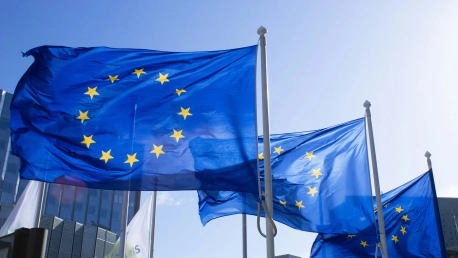Georgia is taking a significant step toward aligning its data protection laws with EU standards by adopting a new Law on Personal Data Protection. This move demonstrates the country’s dedication to safeguarding data privacy and its desire to integrate more fully with the European Union. The legislation establishes strict rules for data management, emphasizing the need for clear consent and setting severe penalties for violations. This step is reminiscent of the EU’s General Data Protection Regulation (GDPR), which represents the pinnacle of data protection laws globally. By modeling its law on the GDPR, Georgia is preparing to uphold the high data privacy standards expected within the EU, bridging its legislative gap with the union and enhancing its prospects for future collaboration. Such regulatory alignment could significantly benefit Georgia, easing data transfers and fostering trust with EU partners, benefitting its economic and political relationships.
The Impact on Georgian Stakeholders
The enforcement of this new law brings transformative changes for Georgian entities, including private businesses and public sector organizations. Entities will be tasked with a thorough reassessment of their current data processing activities to ensure conformance with the enhanced privacy standards. One of the significant operational shifts will be in the approach to obtaining explicit consent for data processing, particularly in marketing and promotional activities, ensuring that individuals’ data rights are explicitly acknowledged and protected. Additionally, the designation of Data Protection Officers (DPOs) will become the norm within organizations, ensuring that compliance is continuously monitored and maintained.
Enforcement and Future Prospects
How the law will operate in practice hinges on its effective enforcement. The Georgian Parliament will play a vital supervisory role, while the newly empowered Personal Data Protection Service will be at the forefront, actively ensuring that the law’s provisions are upheld. This regulatory environment is expected to enhance citizens’ trust in the digital sphere and elevate Georgia’s stature with international partners. As Georgia eyes membership in the European Union, this law may be considered a substantial step in demonstrating its readiness and willingness to align with the rigorous data protection framework that the EU embodies. In the long term, the hope is that this will not only safeguard individual rights but also foster a more conducive climate for international investment and cooperation.









